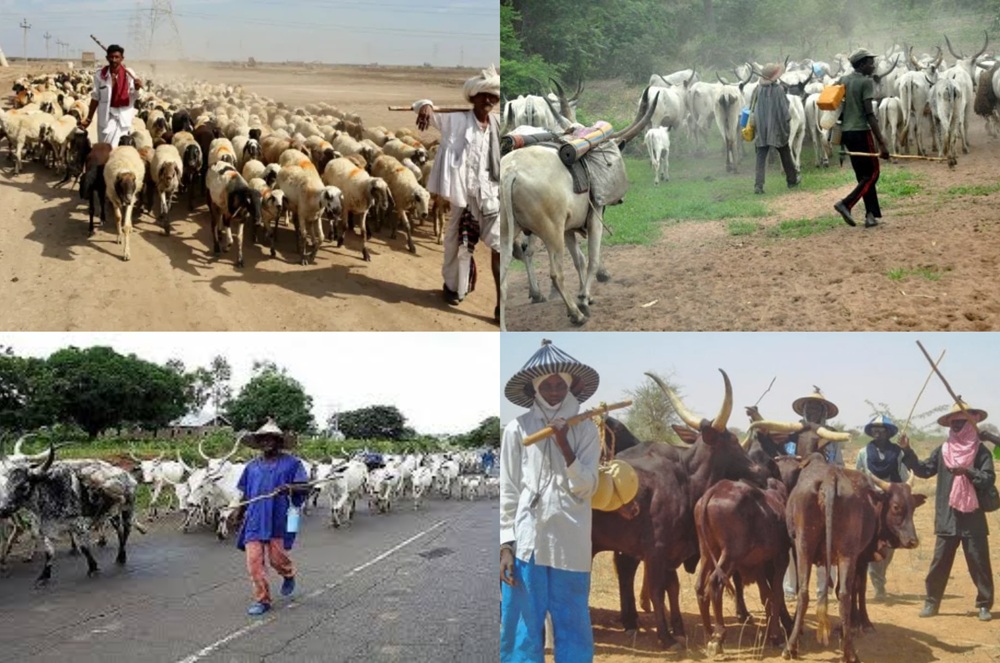A new documentary is challenging long-held stereotypes about Africa’s pastoralist communities, portraying them instead as resilient innovators who are redefining the future of the continent’s drylands.
Titled “Charting New Futures in Africa’s Drylands,” the film highlights how pastoralists — who supply about 50% of Africa’s meat and 75% of its milk — are finding creative solutions to the challenges of climate change, conflict, and marginalization.
Filmed across Kenya, Nigeria, and South Sudan, the documentary profiles five communities that are driving change — from resolving farmer-herder conflicts to developing new livelihoods in the face of climate shocks.
Innovation Amid Adversity
The film overturns common myths that portray pastoralists as conflict-prone or resistant to technology. Instead, it spotlights their capacity for adaptation and innovation.
In Bor, South Sudan, for instance, Dinka pastoralists have turned devastating floods into opportunity by building a women-led fishing economy. “Now at the riverside, the number of women is higher than the men. Many of them don’t have husbands: they are the men and they are the women in their lives,” said fishmonger Awur Thon Jok.
In Nigeria, the Fulbe Development and Cultural Organization (FUDECO) is helping Fulani pastoralist families access justice after farmer-herder conflicts — ensuring perpetrators face trial and promoting peaceful alternatives to revenge violence.
Meanwhile, Livestock247, an online livestock platform, is working with pastoralists to microchip cattle for digital traceability, ensuring that meat is health-certified and command better market prices. The technology, designed in line with Fulani livestock traditions, is providing new insights into meat safety and trade transparency.
Critical but Undersupported
According to Guy Jobbins, Executive Director of Supporting Pastoralism and Agriculture in Recurrent and Protracted Crises (SPARC) and co-producer of the documentary, these stories reflect the everyday realities of Africa’s pastoralists.
“We should not be surprised that pastoralists are driving positive development. They are experts at navigating change,” Jobbins said. “The real issue is that for decades, pastoralists have been marginalized or subjected to interventions that undermined their resilience.”
One such example is Turkana’s Oropoi village in Kenya, where poorly planned borehole installations have been abandoned due to lack of community consultation.
Read Also: Impacts of industrial pollution on Climate Change
Sammy Ekal, Executive Director of the Turkana Pastoralists Development Organization (TUPADO), stressed the importance of including local voices in planning.
“It’s very important to have pastoralists involved in decision-making, because it affects them on a daily basis,” Ekal said. “A stakeholder will come and make a decision that does not support people in this area.”
2026: A Turning Point for Pastoral Policy
The United Nations’ declaration of 2026 as the International Year of Rangelands and Pastoralists (IYRP) presents what experts call a crucial opportunity to reshape global policy.
Advocates are urging governments to recognize the role of rangelands and pastoralists in restoring degraded lands, building sustainable food systems, and advancing climate action.
“IYRP 2026 is a rare opportunity to shine a light on these regions, break down the myths about pastoralism, and champion the agency, knowledge, and resilience of people living in Africa’s drylands,” Jobbins said. “Pastoralists do not need ‘saving’ — but they do need to be part of the changes happening across the drylands.”
The documentary is accompanied by a podcast, Dynamic Drylands, which further explores the realities, innovations, and challenges shaping pastoral life in Africa.
Podcast: Dynamic Drylands
Documentary: Charting New Futures in Africa’s Drylands
